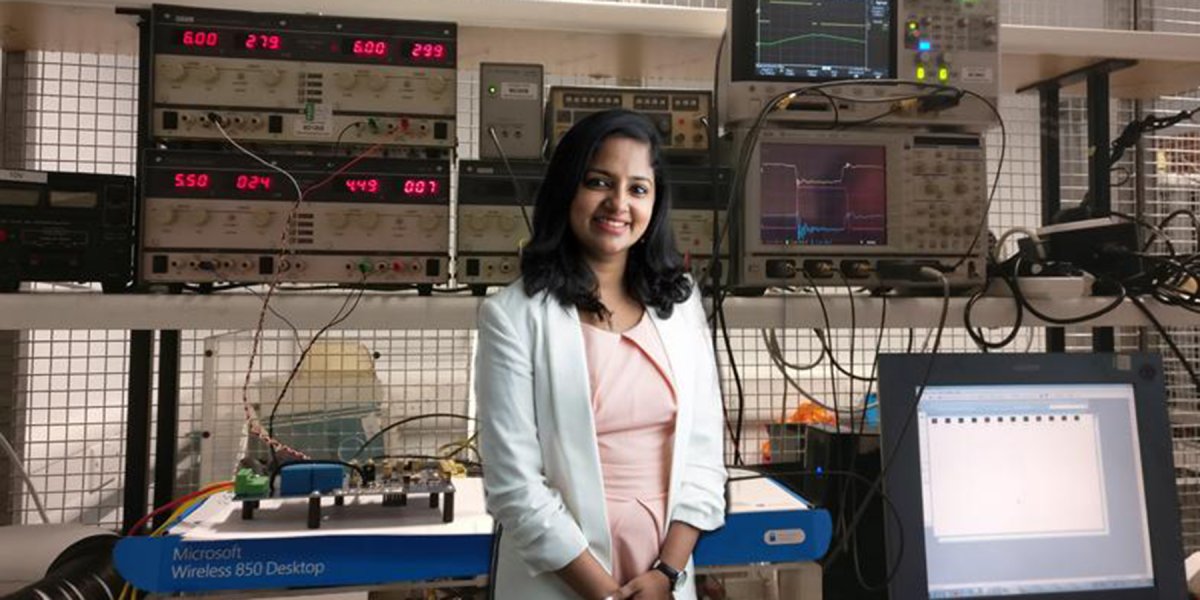Postgrad pioneers
Meet five PhD students who are already making waves at Cambridge
These interviews were produced ahead of the University's postgraduate open day in early November. If you're inspired by their stories, visit www.graduate.study.cam.ac.uk to find out more about the courses available.
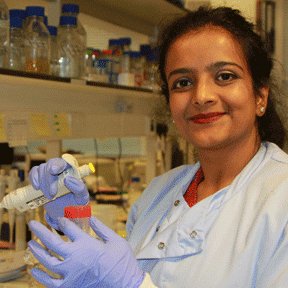
Himansha Singh (St Edmund's 2013)
Himansha is a pharmacologist from India whose research aims to help tackle antimicrobial resistance.
She explains: "while we know some things about the architecture of bacteria, we don’t fully understand how they conduct transportation of antibiotics. If we could understand their operating system, we could develop compounds, which might help switching off the system and stop them from rejecting antibiotics. In particular, my project is looking into a very interesting E.coli ATP-binding cassette (ABC) transporter MsbA. We are working towards characterising how this protein uses energy to operate dynamic changes in its structure to facilitate drug transport."
In 2017, Himansha was one of twelve PhD students to win an award from the Cambridge Society for the Application of Research.
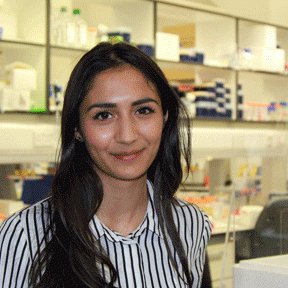
Sarah Harrison (Corpus Christi 2014)
Sarah is a final year PhD student in the Department of Physiology, Development and Neuroscience, whose research highlights the importance of extra-embryonic cells and cell interactions.
She says: "my research tries to pick apart what takes you from a single fertilized egg through to a body with head, tail and limbs and internal organs through embryonic development. And we mostly look at the mouse embryo to answer these questions and look at changes in cell shape, cell behavior and cell fate decisions along the way."
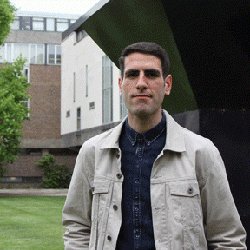
Draško Kašćelan (Trinity 2015)
Draško is a linguistics researcher hoping to help children with language development. He describes his PhD as "investigating figurative language understanding in bilingual children. Nowadays, speaking more than one language is becoming a norm worldwide. Similarly, using metaphors in everyday speech is more frequent than one might assume. This frequency of use helps the development of figurative language comprehension but since bilinguals don’t have equal exposure to both of their languages as corresponding monolinguals, there is a question of whether this lack of input affects how they understand metaphors."
"I am also looking into the level of autistic traits in children, since these traits are often related to the difficulties in figurative language comprehension. Hopefully, this research will give insight into how language understanding develops in bilinguals, but also offer directions for future investigation of language development in clinical populations."
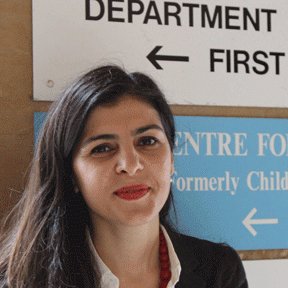
Yesim Yaprak Yildiz (Selwyn 2012)
Yesim is a sociologist exploring the relationship between political violence, truth and reconciliation with a focus on Turkey.
She says: "My passion is to understand the relationship between truth and justice, more specifically whether revelation of truth about an atrocity would lead to justice. I set out to answer this question by examining the social and political effects of public confessions of state officials on past atrocities against civilians. I focus on Turkey and state violence against the Kurds in the 1990s."
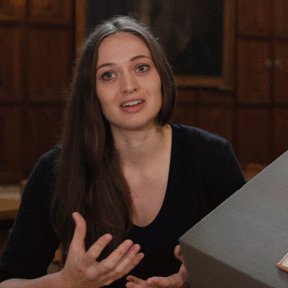
Eleanor Barnett (Christ's 2016)
Eleanor Barnett is a historian examining the relationship between food and religious change during the European Reformations.
She says: "The most important thing for me is to understand how people experienced religion in the early modern period. More specifically, I hope to get across that people in the past were not intellectualized beings always concerned with theology, but were interacting with their bodies and the material environment every day in ways that reflected or enforced their religious identity. Food is a really useful way to explore the lived experience of what it meant to be a Protestant or a Catholic in this period."
